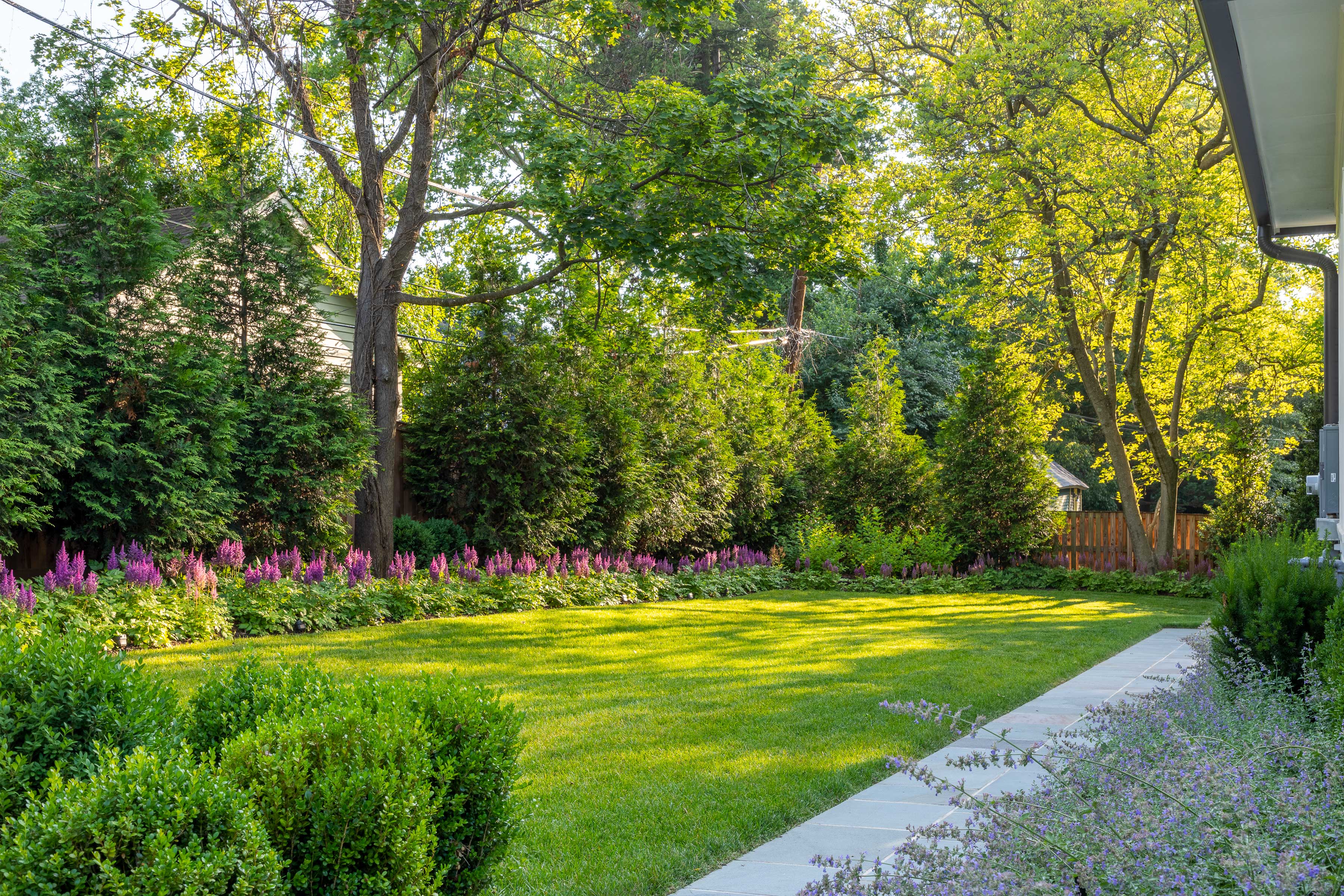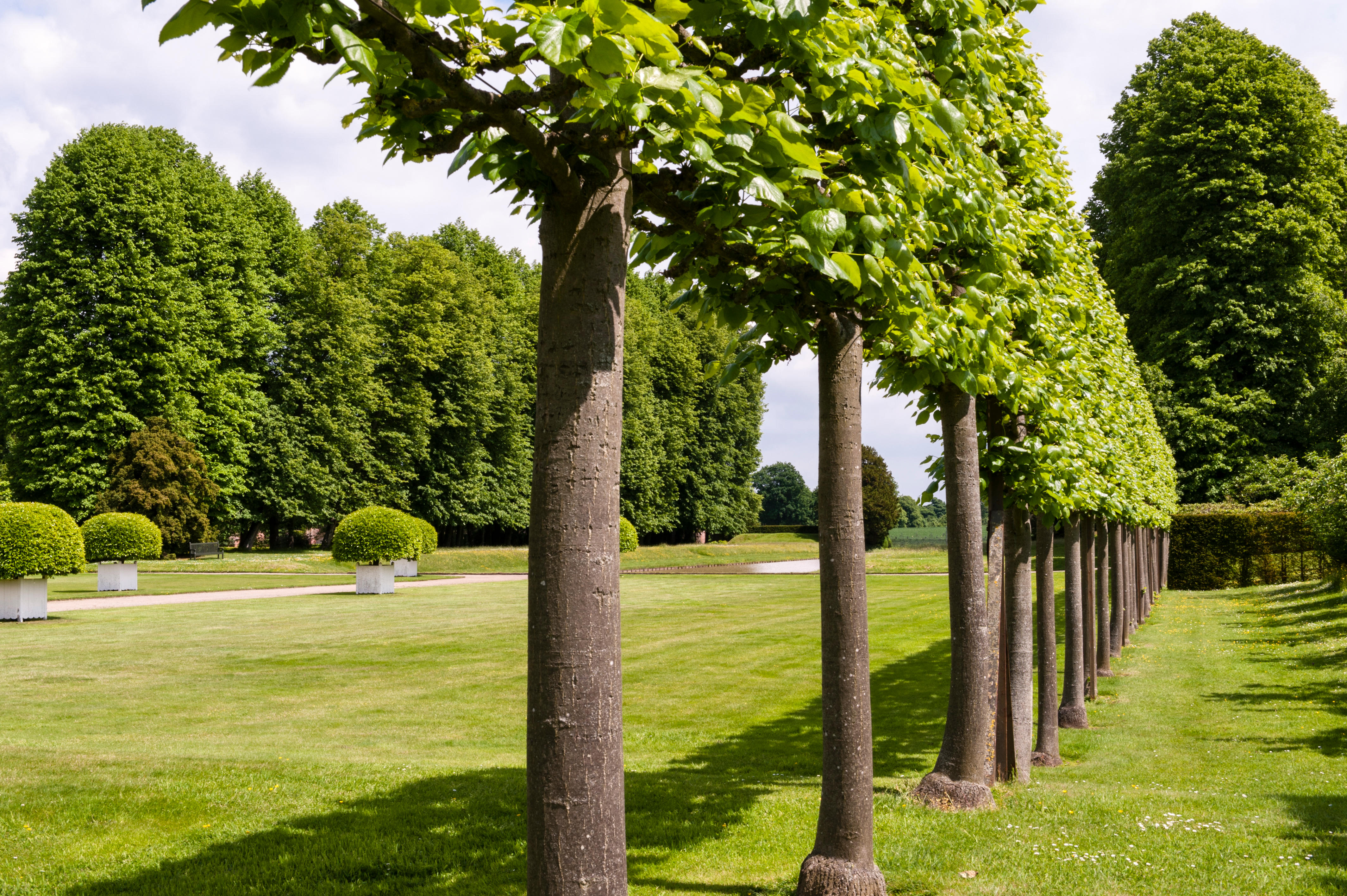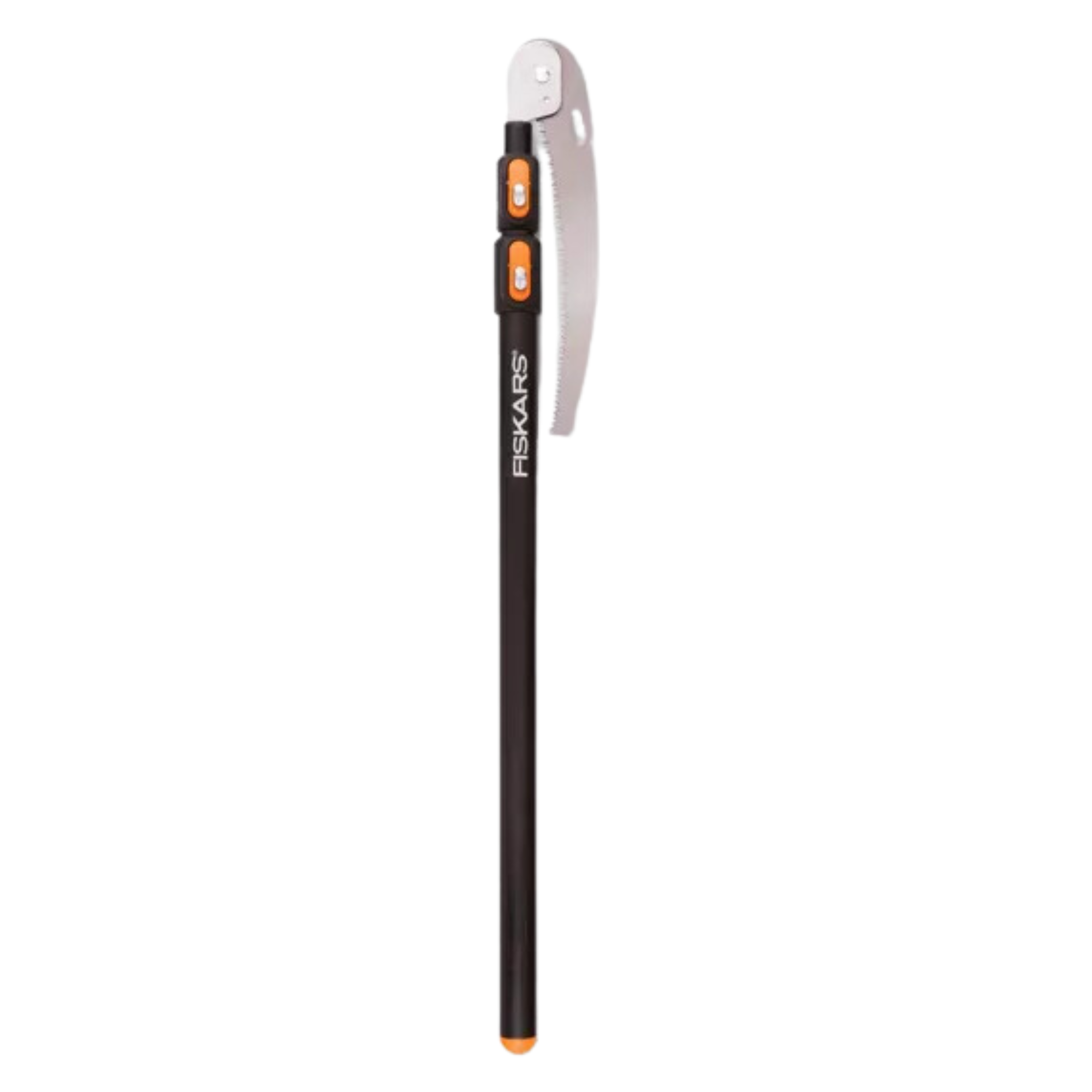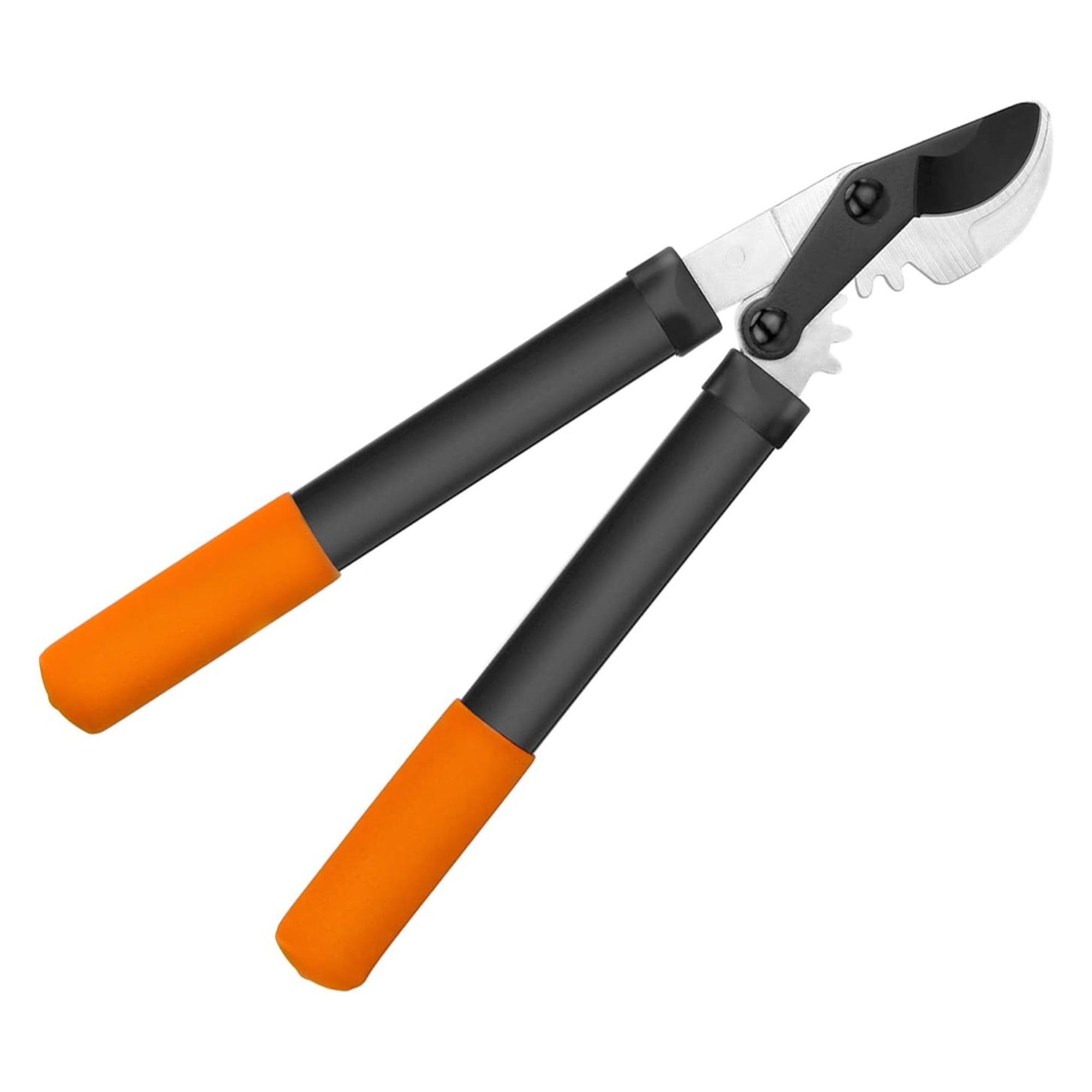Can I Burn Wood in my Garden? What You Need to Know to Get Rid of Waste — According to a Lawyer
Before you get to incinerating excess wood in your garden, here's what you should know


With fall around the corner, you might have some fallen branches or tree trimmings sitting around and taking up space. Now, there are plenty of ways to repurpose this wood but if you don't have any use for it, then you're probably wondering how to get rid of it.
While fresh-cut branches sometimes make for the best wood for outdoor projects, if you are planning on disposing of it, the first option that comes to mind might be burning it. Seems quick and easy enough but is this actually the best port of call?
We consulted some legal experts to find out whether it's okay to burn wood in the garden and what other options we have to clean out excess wood from our outdoor spaces. And the advice they've lent us contains everything you should know before setting fire to your wood waste.
Can You Burn Wood in Your Garden?

In conversation with Vineet Dubey, environmental litigator and co-founding partner of Custodio & Dubey LLP, he tells us that regulations vary from city to city, and wood and leaf pile burning may not actually be legal in your community. "Burning wood also presents a fire hazard, especially in dry conditions," he explains. "And remember, even if the smoke blows away from you, it’s blowing toward someone else."
Vineet explains that smoke particles linger in the atmosphere, where they can harm people with respiratory issues, such as asthma, bronchitis, and other lung diseases. He also adds that burning wood, especially moist wood, not only creates potential fire hazards and health hazards but also releases pollutants into the air.
"It releases significant amounts of carbon monoxide and hydrocarbons into the air, and may also release benzo(a)pyrene, a carcinogen linked to lung cancer," he says. "So it is definitely not an environmentally friendly way to dispose of wood, even if it is legal in your municipality."
Dan Brill, founder of Brill Law Group, also advises against burning wood in your backyard. "In many jurisdictions, local ordinances heavily restrict or outright prohibit open burning due to a range of concerns," he says. "Including air quality, fire safety, and the potential nuisance to neighboring properties."
The Livingetc newsletters are your inside source for what’s shaping interiors now - and what’s next. Discover trend forecasts, smart style ideas, and curated shopping inspiration that brings design to life. Subscribe today and stay ahead of the curve.
Dan points out that these regulations can vary significantly from one municipality to another, so it's crucial to thoroughly research and understand the specific rules that apply to your area before even considering burning wood on your property.
He explains that failing to comply with these local regulations can result in serious legal consequences, ranging from hefty fines to civil lawsuits. "In my practice, I've seen numerous cases where neighbors have taken each other to court over the improper disposal of yard waste, including the burning of wood," he says. "These disputes can be costly, time-consuming, and emotionally draining for all parties involved."
How Do You Burn Waste Wood?

So what can you do instead of burning the wood in your backyard? Well, Vineet tells us that it's safer and more environmentally friendly to dispose of wood and leaves in trash collection. "This way they may end up in a landfill," he says. "Which is far better than sending them into the air in the form of smoke and polluting particles."
According to Vineet, many communities have green waste recycling, which often turns wood and other botanical waste into usable compost. "You can also chip the wood and use it for garden mulch," he says. This is one of the best gardening tricks to retain soil moisture and encourage beneificial insects.
"While researching if wood burning is legal in your location, also find out if your town has a community garden where the wood can be composed," he says. "Or start a compost pile of your own, where the wood will break down naturally into a rich, healthy soil amendment."
Some tree cutting buys to keep your garden in top shape
With a plethora of garden trends flying by each year, we find that the most important principal to consider is sustainability. Using intentional environment-friendly practices to cultivate your outdoor space is the key to a healthier planet.
And we all have a responsibility to care for the Earth. This might be the exact reason you have cultivated a garden in the first place. But burning your wood and then polluting that very space and the surrounding nature is undoing the benefits of planting and likely making things worse.
So instead of bruning your wood waste, find a way to repurpose it or dispose of it in a mindful manner. Not only will you be doing your garden a favor, but you'll also be doing a service to the planet.

Amiya is a Home Wellness Writer at Livingetc. She recently graduated with a Masters Degree in Magazine Journalism from City, University of London, and has lent her words to beauty, fashion, and health sections of lifestyle publications including Harper’s Bazaar and Women’s Health. Her experience as a research analyst has equipped her with an eye for emerging trends. When she’s off the clock, she can be found reading, listening to music, or overanalyzing her latest Co-Star update.


